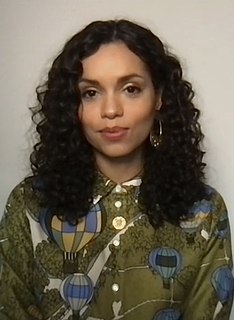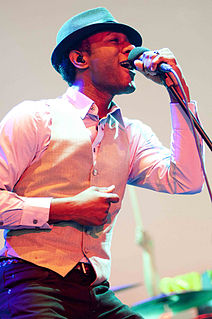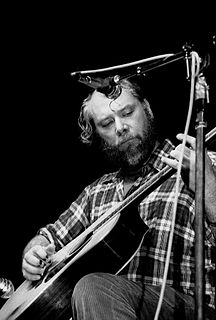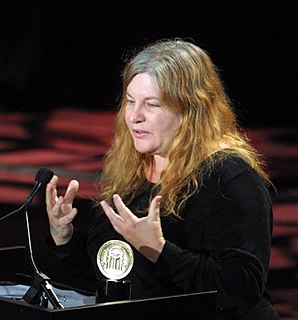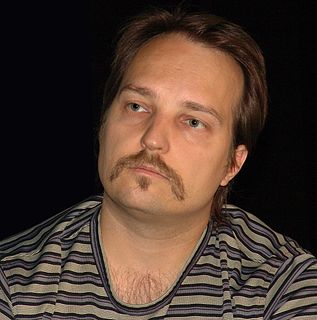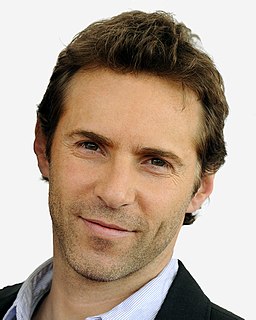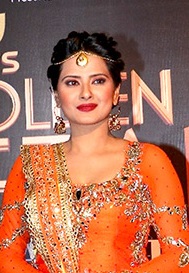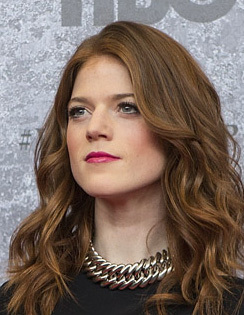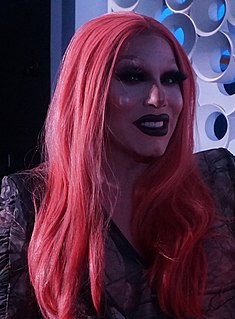A Quote by Matt Bomer
I think TV, at least most immediately, perhaps more so than film, is a reflection of society.
Related Quotes
The first thing I say when people ask what's the difference [between doing TV and film], is that film has an ending and TV doesn't. When I write a film, all I think about is where the thing ends and how to get the audience there. And in television, it can't end. You need the audience to return the next week. It kind of shifts the drive of the story. But I find that more as a writer than as a director.
I think when I got drawn to film, I didn't know it was a business. I mean, like most filmmakers, I probably saw more films than a lot of people when I was a kid. But I watched them on TV as well. I was no purist about it. I spent lots of time in movie theaters, but I also watched a lot of films on TV.
I just feel like TV takes more risks than film. Film has gotten very safe: it's very compartmentalized about what type of things will be successful. And whereas in TV, since all these new platforms opened, they're saying to writers, go out there, write the most different show that you can write. Write something that's really original and different.
I'm such an old fart that I started buying books on film and TV and radio and music when, for television, the entire shelf of books was only a couple of them. You go into the '70s before you start getting books on TV that you start wanting to collect. And by the time that you get to something like the Brooks and Marsh book it's invaluable. My house got hit by lightning in 1989 and burned down. And I got more than a half dozen Brooks and Marsh books sent to me by friends immediately, as though that's what you need more than clothes or food. That's how treasured that book was.
You go back to the Baldur's Gate days, we literally had 32-pixel characters strutting across the screen, and we'd have a couple lines of voice and a lot of text. On one hand, it's a reflection of the evolution of the technology. On the other hand, though, I think it's a reflection of our aspirations. We've always felt that the medium can get more and more cinematic, and I think when it follows the convention of Mass Effect 2 film, it grows more and more compelling. There's a hundred years of knowledge and learning in that space that we can then apply.
TV has taken reflection out of the human condition. People didn't use to have a ready answer for everything, whether they knew something about it or not. People think they have to have an answer for everything because the guys on TV have an answer for everything. But it's bullsh**t! Reflection is crucial.

